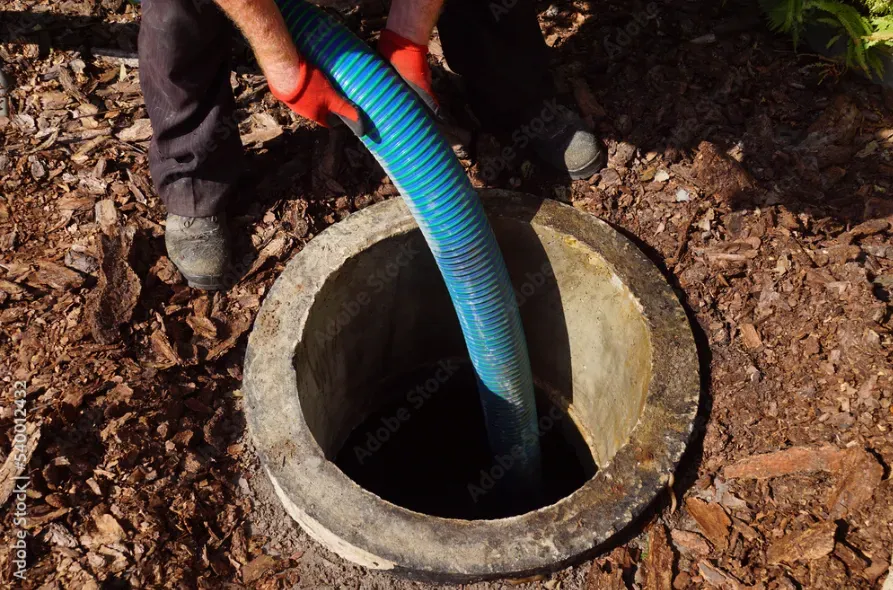Septic Tank Maintenance Tips: Keeping Your System Running Smoothly in Batesville, MS
Septic Tank Maintenance Tips: Keeping Your System Running Smoothly in Batesville, MS
Sustaining a well operating septic system and stopping expensive repairs are both crucial for householders in the charming metropolis of Batesville, Mississippi. This all-encompassing manual will assist you in performing routine inspections and professional maintenance on your septic tank, with an emphasis on the significance of such practices. Optimal maintenance and longevity can be achieved with the proper approach to septic system management.
The Septic Tank Maintenance:
A fundamental understanding of how your septic system operates is essential prior to delving into maintenance advice. The septic tank and drain field are components of a standard septic system. The septic tank receives domestic wastewater, in which lighter substances ascend to the surface while sediments settle at the tank's bottom. The soil then provides additional treatment for the liquid effluent as it enters the drainfield. With this knowledge, one can better comprehend the system's maintenance requirements.
Systemic maintenance begins and ends with routine inspections. At minimum once every three years, a professional inspection of your septic tank is advised. A technician will conduct these examinations to confirm the functionality of the tank's components, examine the scum and sludge layers, and check for leakage. In the future, costly repairs may be averted through the early detection of prospective problems.
To ensure the removal of residue and scum that are resistant to natural decomposition, Septic Tank Pumping Batesville, MS, is an essential practice. The frequency of septic tank drainage varies from three to five years, contingent upon factors such as tank capacity and occupant count. Ensuring regular pumping is critical for preserving system efficiency through the prevention of obstructions and congestion.
Wastewater Disposal Process:
The composition of the wastewater that enters a septic system is highly consequential. Being aware of the substances you discharge or dispose of down your sinks can help prevent clogs and other complications in your septic system. It is not advisable to eliminate sanitary products, paper towels, or even so-called "flushable" tissues with toilet paper. Similarly, limit the amount of oil and food scraps that are poured down the kitchen toilet.
Efficient Water Use:
Septic System Service Batesville, MS efficacy may be impacted by the quantity of water utilized on a daily basis. Overflow and subsequent degradation of the treatment process may result from an overabundance of water entering the septic tank. Water-saving fixtures, prompt repair of leaking faucets and toilets, and distribution of water usage for activities such as laundry over the week are all ways to effectively manage water.
Protect Your Drain field:
In the treatment of septic tank effluent, the drain field is vital. Parking or driving over the drain field can compact the soil and diminish its capacity to cleanse wastewater; therefore, to safeguard it, refrain from doing so. Furthermore, maintain a safe distance between the drainfield area and trees and large plants, as their roots have the potential to induce harm to the septic system.
Regular Maintenance Schedule:
To further lengthen the life of your septic system, it is required to stick to a routine Septic System Maintenance Batesville, MS schedule. Conduct periodic checks of the system's components in addition to professional pumping and inspections. Immediate professional assistance is required if any indications of system distress are detected, including damp patches on the lawn, foul odors, or sluggish drains.
Conclusion:
Septic system maintenance in Batesville, Mississippi, need not be a difficult task. Ensuring the enduring functionality of a septic system is feasible via routine maintenance, proper installation, and timely restorations. Oxford Septic Service is a regionally reputable company that offers dependable septic services. Septic tank installation, cleansing, pumping, and routine maintenance are among the expert recommendations and professional services they provide. Enlist the assistance of Oxford Septic Service in maintaining the efficiency and effectiveness of your system.



